Lulu Mlangeni doesn’t just perform—she commands the stage with a force that transcends movement.
She is a storyteller of the body, a revolutionary in the South African dance landscape, and an artist whose presence ignites conversations far beyond the confines of performance spaces.
From the bustling streets of Soweto to global stages, Mlangeni has carved out a career that is equal parts resilience, artistry, and activism.
Her work isn’t just about dance—it’s about using movement to challenge, empower, and transform. As the winner of So You Think You Can Dance in 2010 and the recipient of the prestigious Standard Bank Young Artist for Dance award in 2020, she continues to push the limits of contemporary dance, proving that this art form is a powerful language of change.
Through her electrifying performances and tireless mentorship, Mlangeni is shaping a future where dance is not only seen but felt in its deepest, most transformative capacity.

Roots in Soweto: A Story in Motion
Growing up in Soweto, dance was more than just movement for Mlangeni—it was a language, a way to tell stories, connect, and express the unspoken.
Her first steps in dance were shaped by the rhythms of her community, where collaboration and resilience were as vital as technique. “Being part of a community dance group instilled in me the power of collaboration and expression,” Mlangeni shares.
“It also pushed me to explore beyond traditional dance styles and led me to contemporary dance, where I found my artistic voice.”
Her discovery of contemporary dance was a turning point, opening doors to a world where movement could be used to challenge norms, evoke emotions, and drive conversations. Mlangeni’s rise in the dance world has been marked by her work with some of South Africa’s most celebrated choreographers, including Gregory Maqoma, Nelisiwe Xaba, and P.J. Sabbagha. Each collaboration has left an indelible mark on her approach to movement and storytelling.
“Gregory Maqoma taught me how to fuse storytelling with technical precision, Nelisiwe Xaba challenged me to redefine movement as a female artist, and P.J. Sabbagha deepened my understanding of dance as a form of activism,” she reflects.
“They helped me see dance not just as entertainment, but as a powerful tool for education and empowerment.”
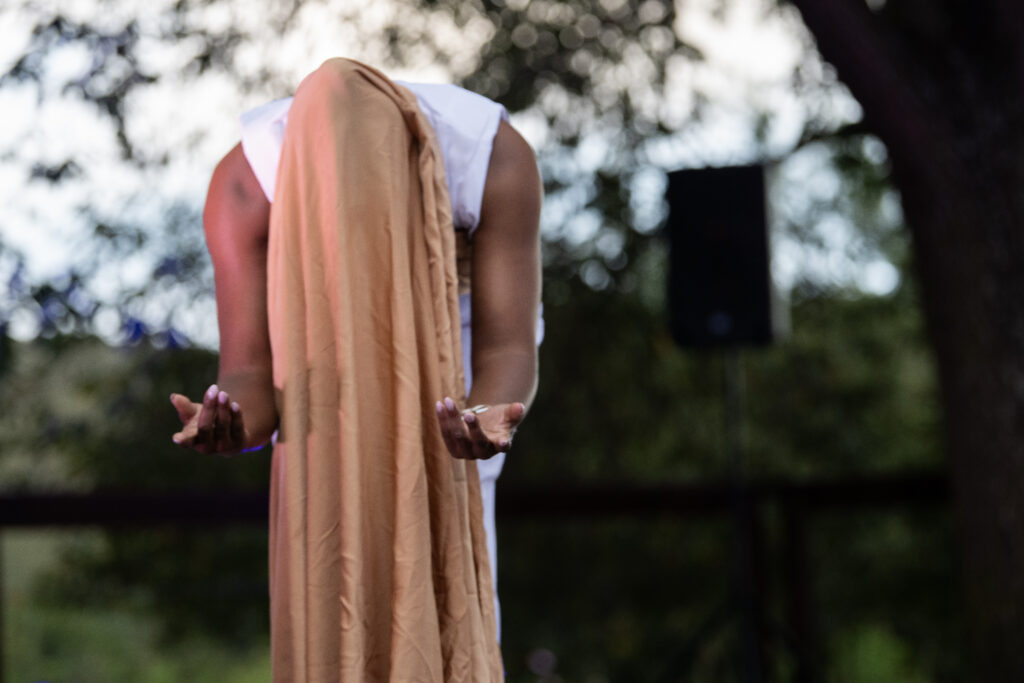
These experiences laid the foundation for her own choreographic journey—one that blends technical brilliance with deep social consciousness.
Mlangeni’s artistry has taken her across continents, performing in Germany, Brazil, and Mexico. These experiences reshaped her perception of dance as a universal language.
“Traveling has been one of the most transformative aspects of my career,” she says. “Experiencing different cultures and artistic approaches challenged me to rethink movement, storytelling, and my identity as an artist. It reinforced the idea that dance transcends borders—it connects, inspires, and sparks dialogue.”
Despite her international acclaim, Mlangeni remains deeply rooted in her home country, using her platform to elevate South African dance and its artists.
For Mlangeni, success is not measured by accolades alone, but by the impact she has on future generations. She is a firm believer that dance should not be confined to elite institutions—it belongs to the people.
“Giving back is at the core of who I am as an artist,” she asserts. “Whether it’s mentoring young dancers, teaching workshops, or creating platforms for emerging artists, my success means nothing if I’m not uplifting others along the way.”
This philosophy aligns with her participation in the My Body My Space Festival, an initiative that decentralizes art and makes it accessible to diverse communities.
Mlangeni took centre stage at My Body My Space 2025, performing in the festival’s opening programme at FATC’s Ebhudlweni Arts Centre on March 14th. As a distinguished performing artist, choreographer, and creative director, she brought to life Bloodline, a mesmerising piece that explored the deep-rooted connections between ancestry, identity, and cultural heritage. Using movement and storytelling, Bloodline delved into the complexities of intergenerational trauma, laying bare the echoes of the past while celebrating the power of resilience. Her performance was both haunting and electrifying, embodying the raw emotion of history while carving out a space for healing and empowerment.
The festival, known for its ability to bring dance beyond the confines of traditional stages, was the perfect platform for Mlangeni’s evocative storytelling—engaging audiences in ways that were intimate, urgent, and unforgettable.

South Africa’s dance industry has undergone significant transformation since Mlangeni’s early years. With more platforms, international recognition, and the rise of social media, contemporary dance has gained visibility. However, challenges remain.
“We still struggle with recognising dance’s economic and cultural value,” she notes. “There needs to be more investment in infrastructure, funding, and educational programmes. We must shift the mindset that dance is just a hobby—it’s a profession that requires the same respect as any other industry.”
As she continues to shape the dance world, Mlangeni is not slowing down. She is currently engaged in theatre and corporate projects, with a vision to create an arts hub that nurtures and empowers the next generation.
“My goal is to push the boundaries of dance, using it as a platform for social change while building spaces where young artists can thrive.”
Her advice to aspiring dancers?
“Commit to your craft with unwavering dedication. Dance is demanding, but passion, discipline, and resilience will sustain you. Seek knowledge, remain curious, and always be a student of your art. Find mentors who inspire you and take every opportunity to perform. And most importantly, trust your voice—your movement carries stories that only you can tell. Never let fear silence your artistry.”
Lulu Mlangeni’s impact on the dance world goes far beyond applause and standing ovations. She is a visionary shaping the future of South African dance—one movement at a time. Her work is a reminder that dance is more than art; it is a revolution, a language, and a bridge between the past and the future.
As she continues to push artistic and social boundaries, her legacy will be one of empowerment, transformation, and boundless possibility. For Mlangeni, the stage is not just a place to perform—it is a space to challenge, inspire, and redefine what it means to move through the world with purpose.
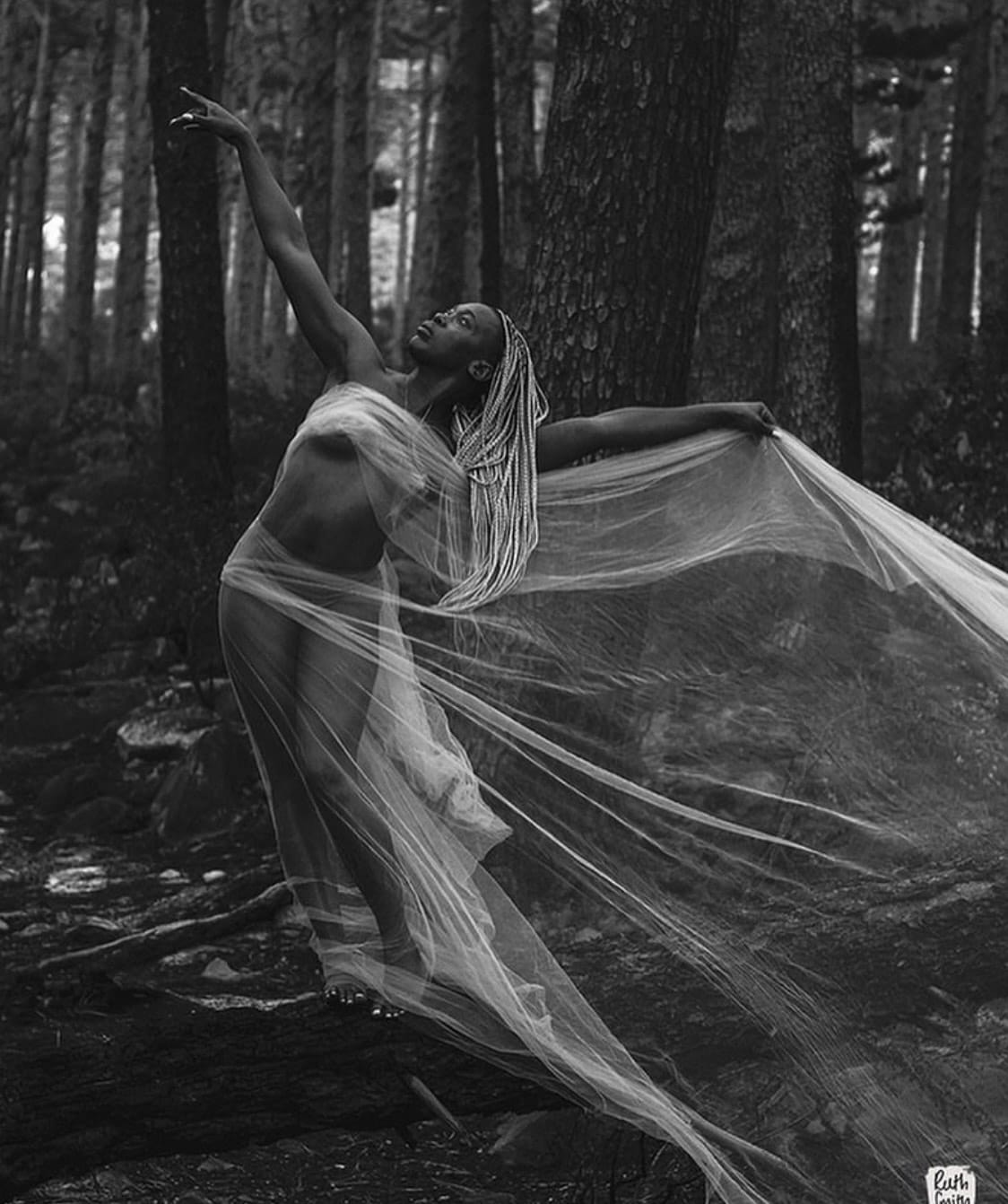
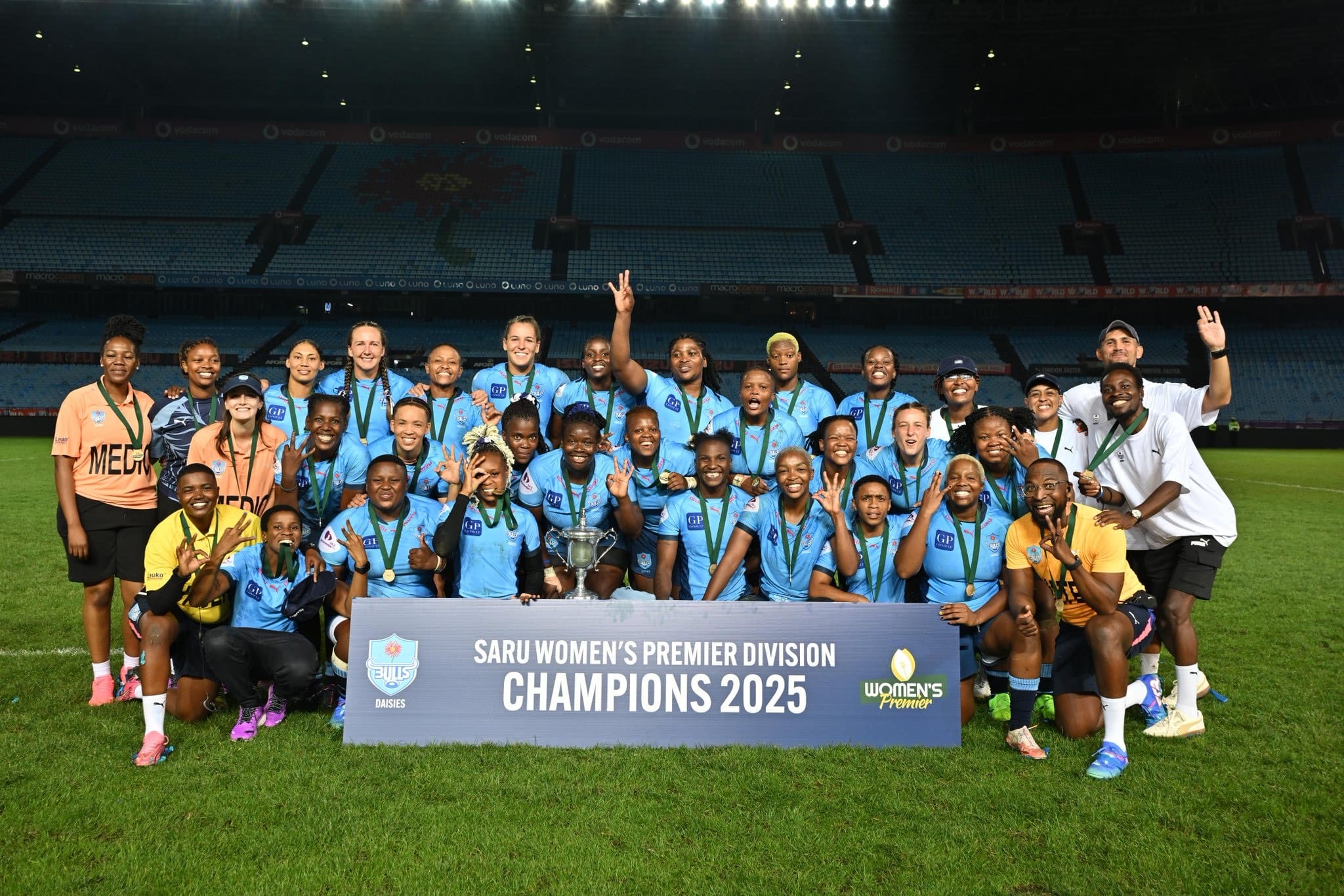
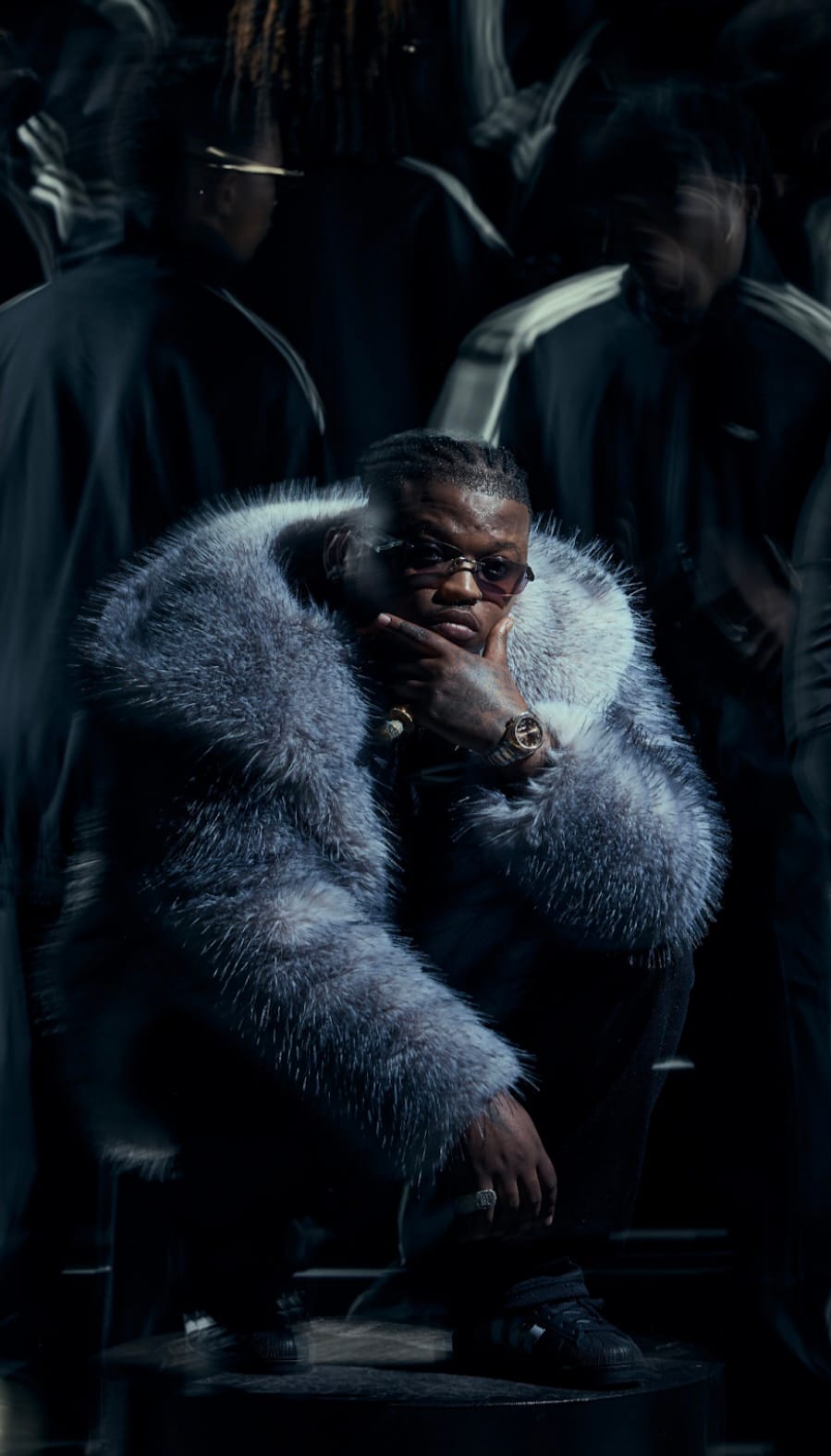


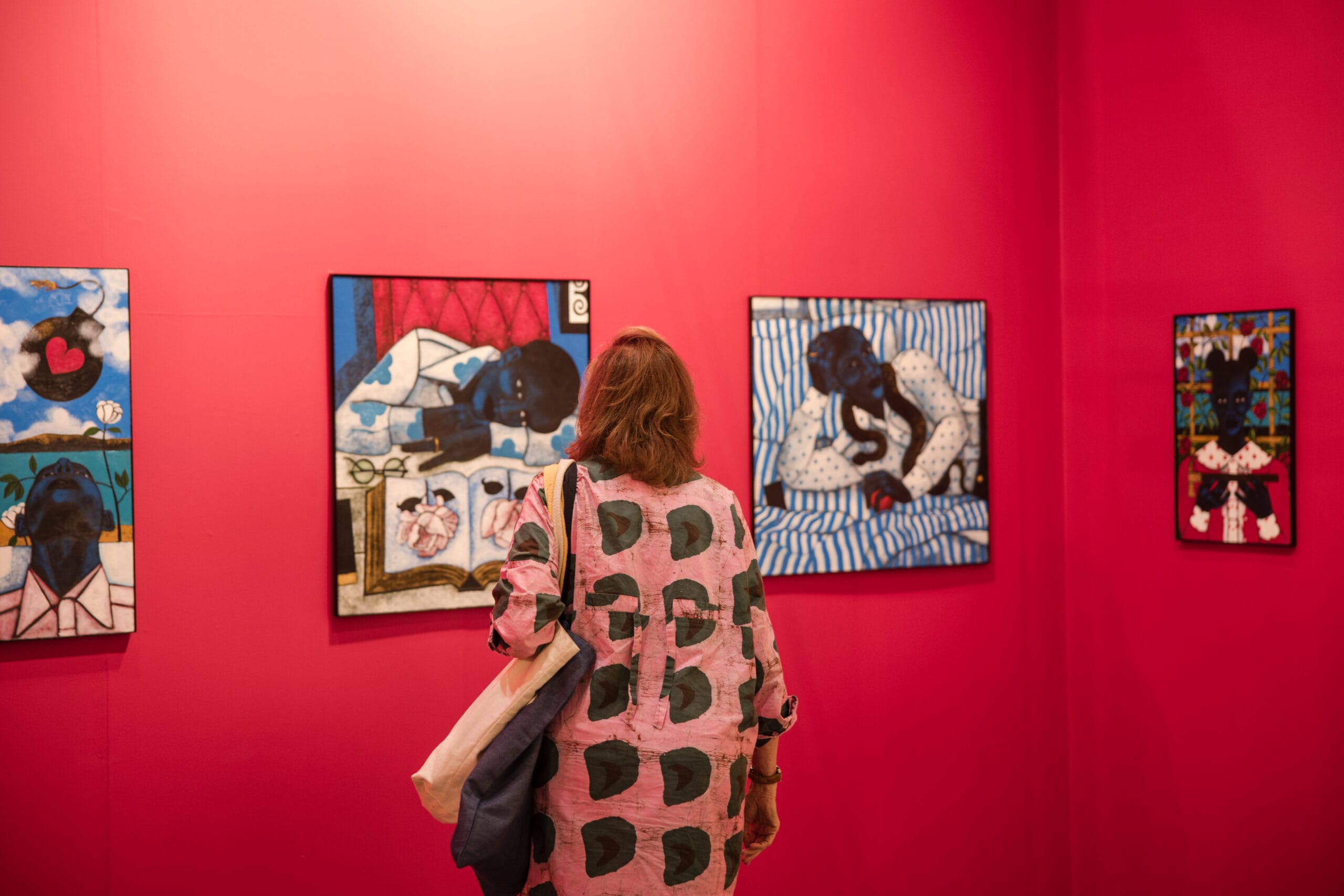
No Comments